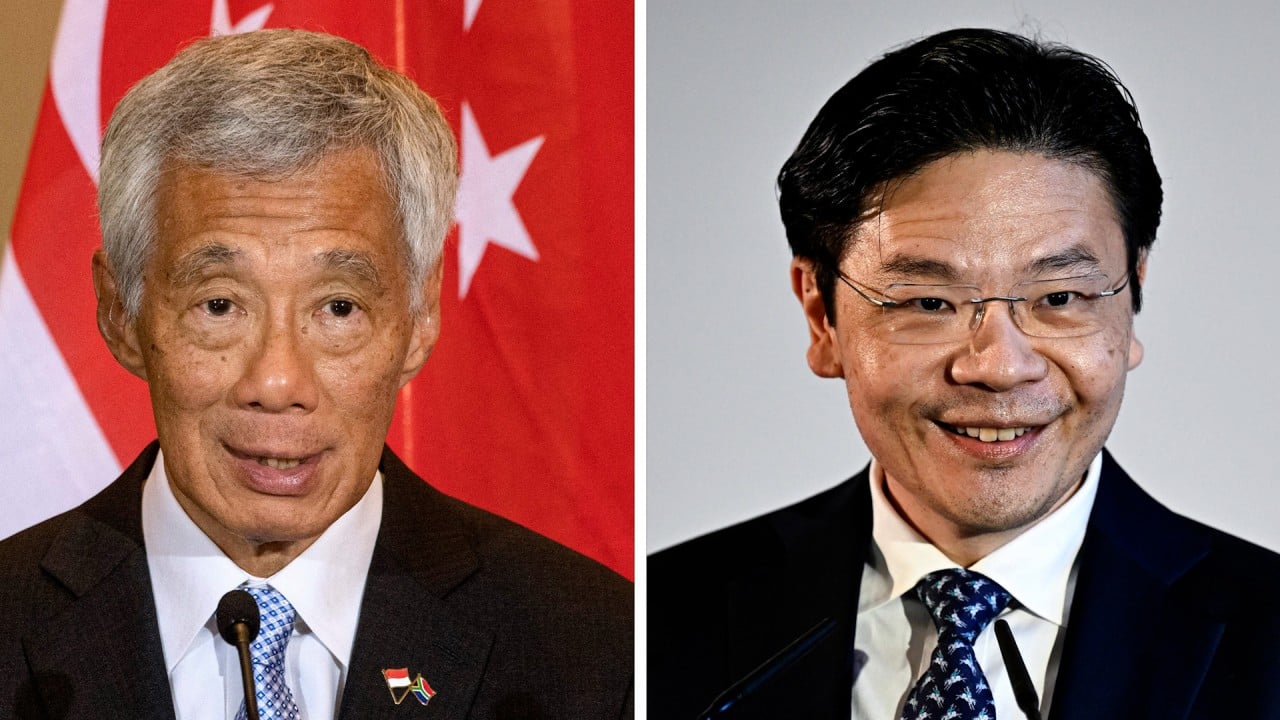
‘Pro-Singapore’ Lawrence Wong and the US-China tightrope he must walk as prime minister
- Singapore’s incoming PM takes the reins against a vastly changed geopolitical backdrop from the one his predecessor Lee Hsien Loong faced
- Heightened US-China tensions have left little diplomatic room for manoeuvre – but experts say Singapore ‘cannot survive without both’
Washington now sees China as its primary strategic competitor, with the two nations embroiled in a range of disputes spanning political, economic, technological, ideological, military and security interests.
In such a vastly different geopolitical landscape, Wong’s assertion this month that the republic could be neither pro-China nor pro-America, but “pro-Singapore”, was “certainly easier said than done”, said Dylan Loh, an assistant professor of foreign policy at Nanyang Technological University in Singapore. “But there is no other choice.”
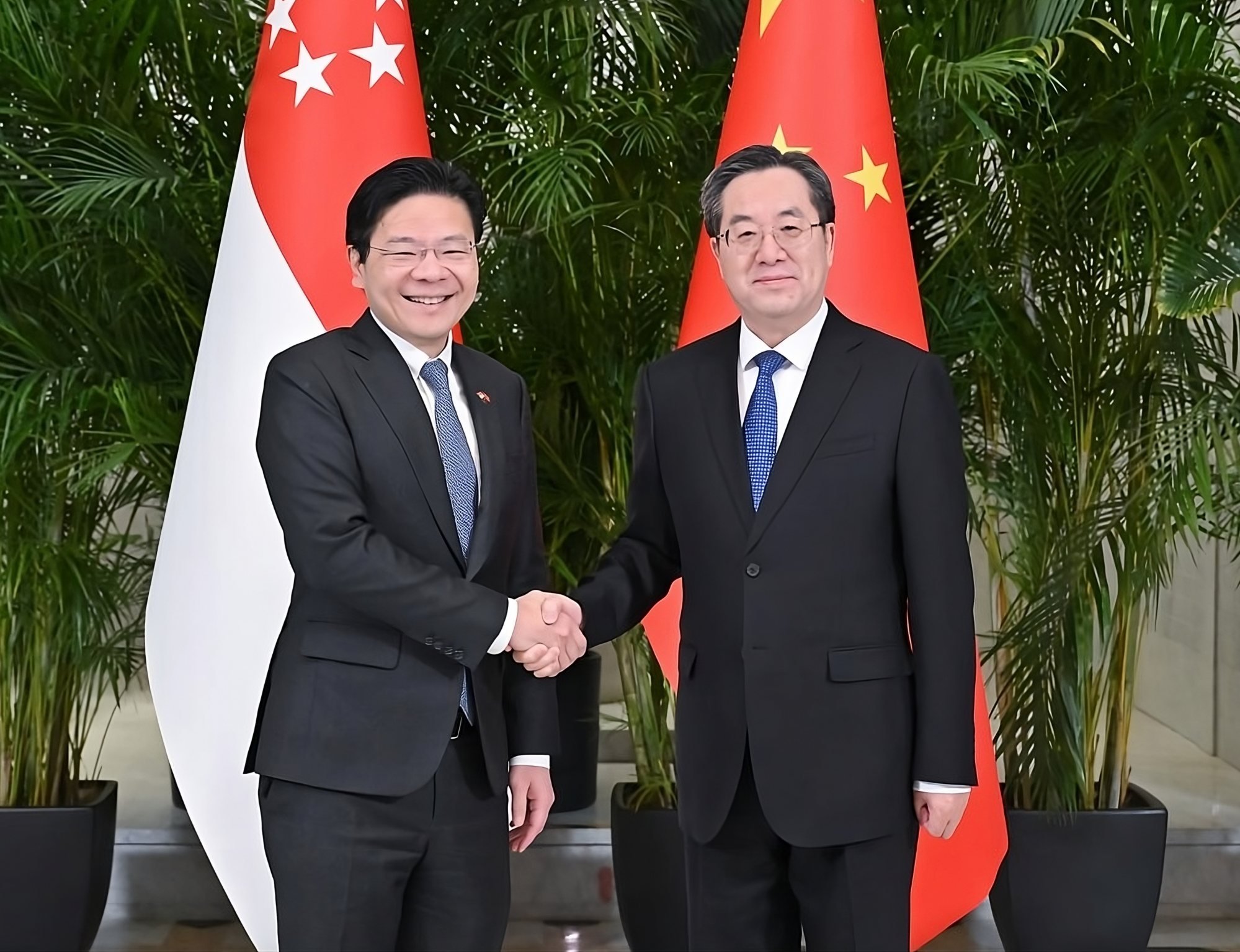
While Singapore had moved closer to the US, this had not come at the expense of its ties with China, Loh said. “It was just in 2023 that we upgraded our relations with Beijing.”
Meanwhile, the US-Singapore Free Trade Agreement – Washington’s first with an Asian country – came into effect in 2004 and today their bilateral cooperation straddles defence, cybersecurity, climate change and space, as well as critical and emerging technologies.
Wong has not laid out what being ‘pro-Singapore’ means in practical terms
It was becoming increasingly difficult for countries to manoeuvre between the US and China amid their mutual suspicion, said Chong Ja Ian, an associate professor of political science at the National University of Singapore.
“Wong has not laid out what being ‘pro-Singapore’ means in practical terms – are there areas where he will seek greater initiative, invest more time, energy, and resources into? If so, what are they?”
“What is the payoff from doing so? How will it be done? These are all unanswered at this point,” Chong said.
“Whereas Lee might have tried to walk a line between China and the US, Wong might find the line growing ever thinner,” he said.
But amid economic woes in China that have “proven to be more enduring than transient”, Chang said “doubts have begun to rise as to whether China will continue to be Asia’s economic engine”.
As Singapore’s sources of growth diversify, “the less Wong will have to worry about walking any line”, he said, adding: “The preponderance of Singapore’s national interests may start to fall more heavily on one side of the proverbial ledger.”
‘Bending over backwards’
Linda Lim, a Singaporean emeritus professor of business at the University of Michigan, said there would be little difference between Lee and Wong in terms of Singapore’s policies towards China as these were “a matter of national interest, not personal preference”.
“The main difference is in external developments, not Singapore’s internal affairs,” Lim said, adding that bilateral ties “will be determined much more by what China does, rather than Singapore”.
Stressing that Singapore must always remain global and open, Lim highlighted that China is the island republic’s largest trading partner, while the US is its largest foreign investor and top export market for services.
“The country cannot survive without both, and no one with any interest in Singapore’s survival and prosperity can insist or require it to sacrifice one or the other,” she said. “[Singapore’s] Chinese-dominant population means it must always bend over backwards not to favour China or Chinese interests”.
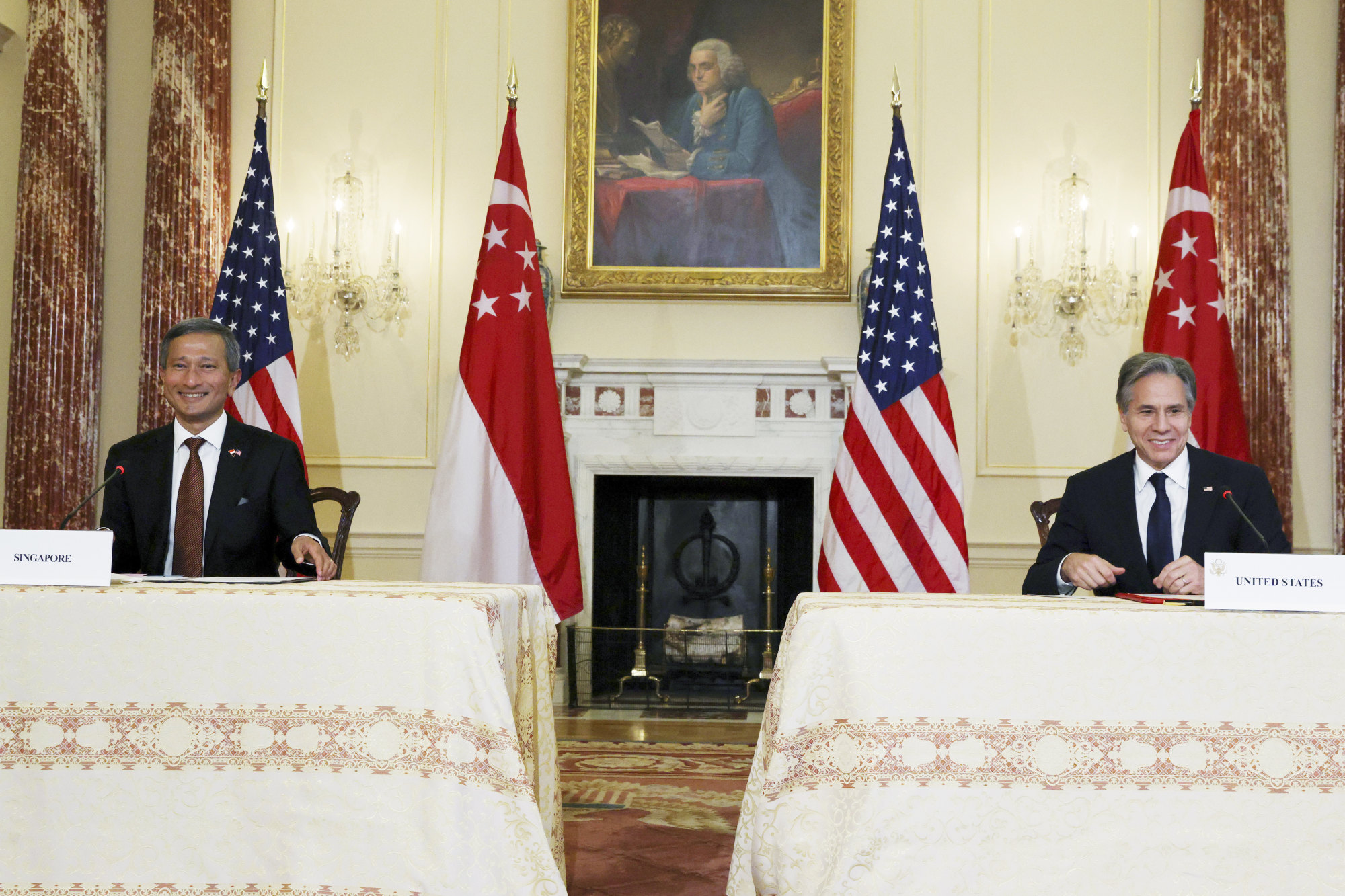
“If anything, it needs to constantly show others that it is not a pawn, puppet or satellite of China,” Lim said, noting other countries that were less dependent on the global system and not predominantly ethnic Chinese “may have more flexibility”.
She said if China were to pursue “influence operations” within Singapore, as detractors have previously alleged, it would harm the city state’s sovereignty and relations with both its neighbours and other economic partners worldwide.
Beijing sees Southeast Asia as a key sphere of influence, and has been stepping up its public diplomacy and media presence in the region.
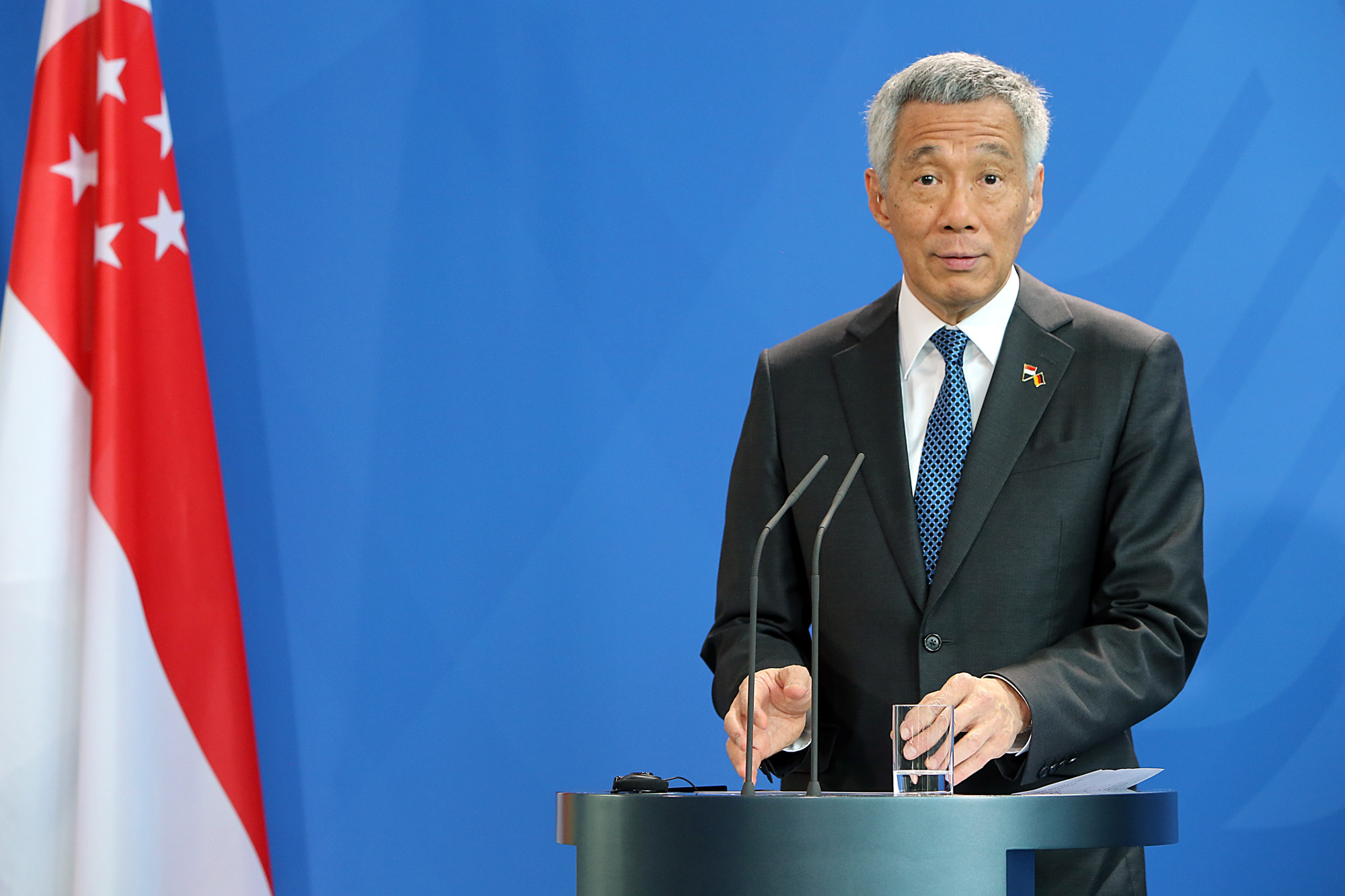
Lee visited Taiwan in July 2004, just a month before becoming prime minister, drawing a swift rebuke from Beijing, who said the move had damaged its ties with Singapore.
Beijing sees Taiwan as part of China to be reunited by force if necessary. Most countries, including the US, do not recognise the self-ruled island as an independent state, but Washington and its allies are opposed to any attempt to take it by force.
When Lee became prime minister, China was a rising regional power that was accumulating strength and biding its time but today it had “peacefully risen to become a responsible global power”, Fan said.
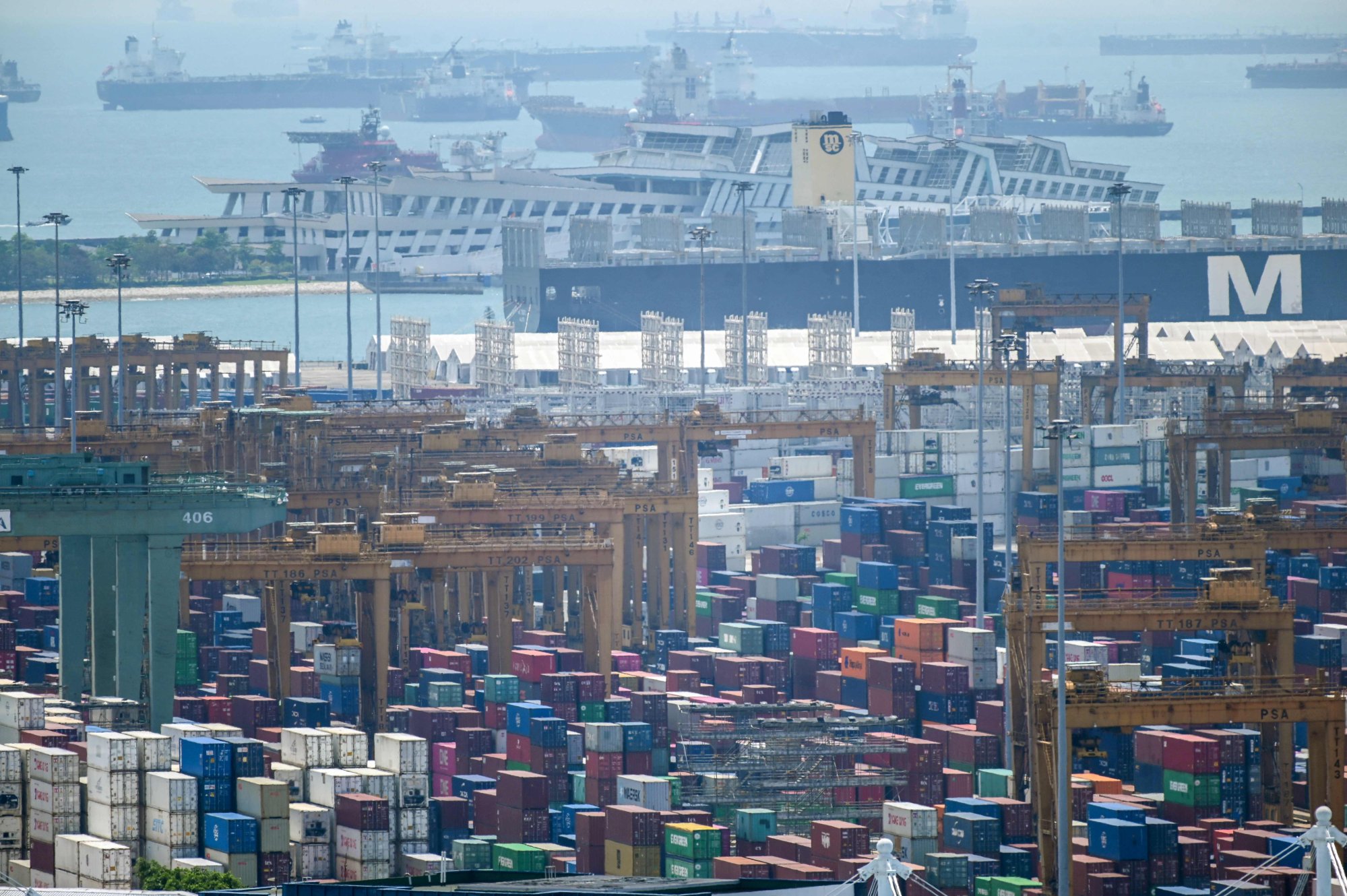
“China’s political strength, innovation capabilities and cultural influence are no longer the same,” he said, adding that Wong was expected to continue “high-quality development” of Singapore’s ties with China.
“Faced with China’s market, resource, technology and talent advantages, Singapore will absorb rather than reject them with a more pragmatic attitude,” Fan said.
“The all-round cooperative relationship between the two countries may be disturbed by external factors, but it will not be fundamentally shaken unless there is a regional or even global structural conflict.”
China has been Singapore’s largest trading partner for over a decade and the city state is China’s largest foreign investor – investing US$145 billion in 2021, according to Singapore’s Foreign Ministry.
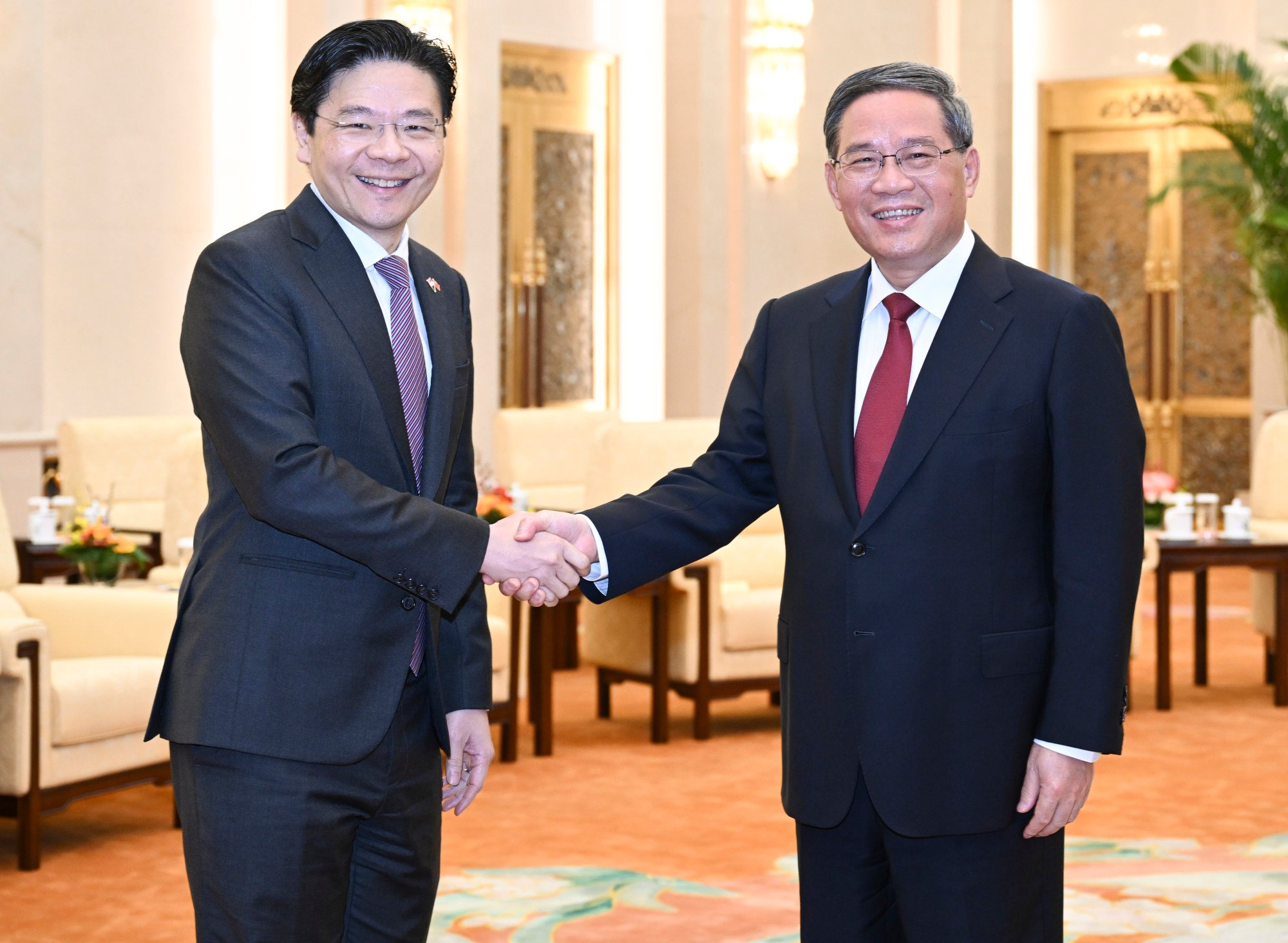
Though Fan said Wong’s “familiarity with Chinese affairs is weaker” than some among the so-called 4G leadership team, he noted that the current deputy prime minister had emerged as the key official in charge of bilateral relations since being designated as Lee’s successor two years ago.
“He has become much more mature and sophisticated after nearly two years of experience,” Fan said.
Though the domestic and international environment facing Wong is much changed from the one that confronted Lee upon him taking office, Fan said both leaders had accumulated wide experience in handling complex matters.
Background checks
Interest in Wong has been bubbling up on Chinese social media ahead of him taking over the reins in Singapore on Wednesday.
Some have focused on his ancestral ties to Wenchang, in China’s southern island province of Hainan, with videos of what is said to be his ancestral home doing the rounds.
“Glad that Wong made it to the highest office, hopefully this will strengthen Hainan-Singapore ties,” said one Hainan resident.
Other social-media users have focused on Wong’s upbringing – he was raised in public housing by a father who worked as a sales executive and a mother who was a teacher – as well as his educational background at the University of Wisconsin, Madison, University of Michigan and Harvard University.
“It shows that Singapore still practises meritocracy,” one netizen said, with another adding: “He seems to know the US better, having spent so many years there”.
How the island republic’s foreign policy might change under Wong was another hotly debated topic, with questions and comments ranging from “will Singapore take sides in the US-China war?”, “Singapore is too-pro America”, and “Singapore had traditionally sided with the US even though its people are mainly of Chinese origin”.
“Wong will have to look out for Singapore interests, so it is none of our business that his forefathers come from Hainan,” said one observer.


